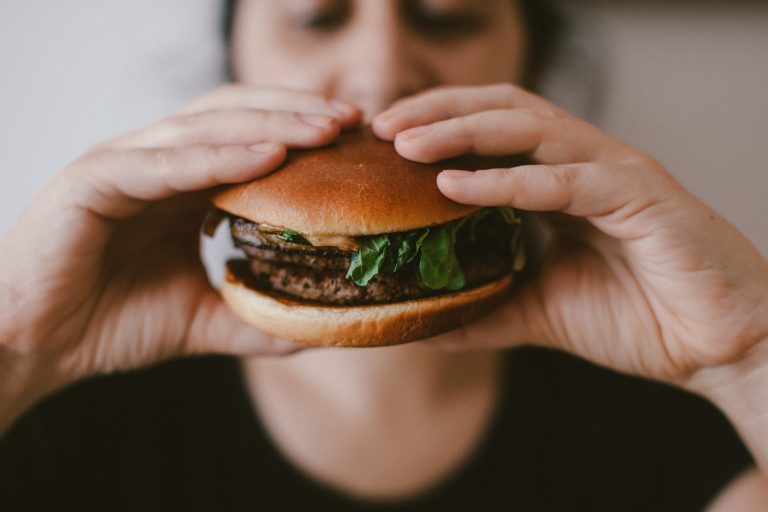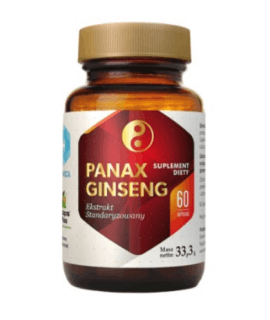By definition, compulsions assume behaviours that are highly difficult to resist. When we eat compulsively, we often deceive ourselves alongside doing it. To begin with, answer honestly the question you eat, because you are hungry, or maybe instead of hunger you feel sadness and a kind of internal coercion? Is compulsive eating your problem?
Compulsive eating and its symptoms
The basic element of the diagnosis is to determine the reason for reaching for extra food. Eating because of a bad mood, obsessing with every bite and snacking alone are symptoms that may indicate a more serious problem. An important clue may also be remorse that arises after compulsive gluttony. The key issue around which all surrounding ailments revolve is the lack of control over hunger, and therefore also the amount of food intake.
Compulsive eating is not gluttony, but rather the inability to recognize hunger. Emotions such as sadness, stress and ordinary boredom overwhelm us and induct the feel of eating. Other symptoms of this disorder may be eating because of loneliness, explaining gluttony by caring for your body, reward yourself with meals or simply poor internal control.
Is compulsive eating your problem?
When you should start worrying? The fact that you eat, although you are not hungry, is not enough. To find a deeper problem, several symptoms need to coexist. These may be repetitive situations in which you promise yourself that in the evening you will eat something good as a reward, or on the contrary - when you promise yourself that this time you will not touch anything unplanned. Increase your alertness when you notice that you are losing control while eating or when you feel ashamed or guilty because of overeating. Food cannot be a way to solve problems. You also should not regularly feel the need to dab a particular delicacy in such an intense way that thinking about it gives you no peace.
If you are affected by most of these conditions and have a problem maintaining healthy body weight, you are probably struggling with compulsive eating disorders. Take action as soon as you can. However, be patient - we are talking about addiction, and it takes time to get out of addiction, certainly.
How to start the treatment of compulsive eating disorders?
Do not count on a miracle and do not go on restrictive diets. As always, such actions will lead to the yo-yo effect, and in the case of compulsive eating, it will be even more dangerous. When you return to your old practices, you will increase the guilt that you will probably try to calm down by eating.
It is necessary to develop a multi-stage strategy that will limit and finally eliminate bouts of compulsive behaviour. Start by trying to locate the factors that are most strongly responsible for such breaks in gluttony. Determine if they are psychological or have something to do with food alone. Perhaps you surround yourself with tempting smells or stay surrounded by ever-eating people?
Some helpful tips
When you feel that you are going to lose your temper in a moment, go for a walk or take a refreshing shower (or relaxing bath) as soon as possible. You can also call a supporting person.
We often binge more when we are stressed, e.g. we experience separation from someone close, we return to work or study after a break or a deadline is approaching. Then it is better to act in advance and leave the house as much as possible - to the cinema, to a concert, to meet friends, and finally to regular physical training. If you don’t notice any improvement despite using these tricks (or if your symptoms get worse) it’s best to see a psychologist or psychiatrist.









